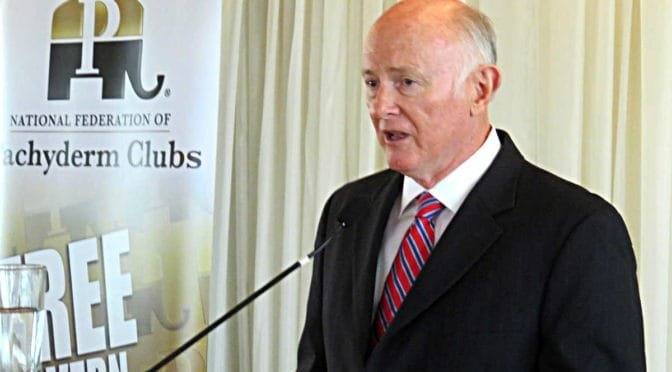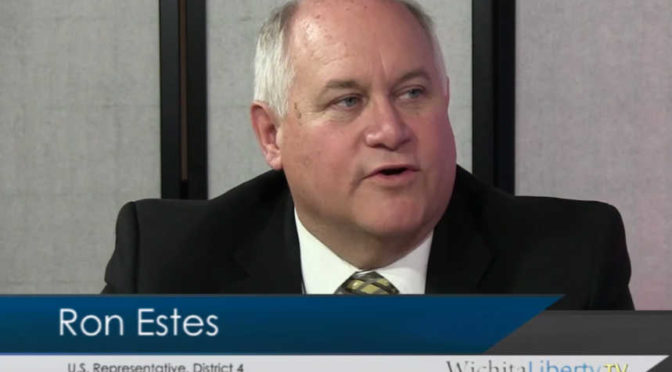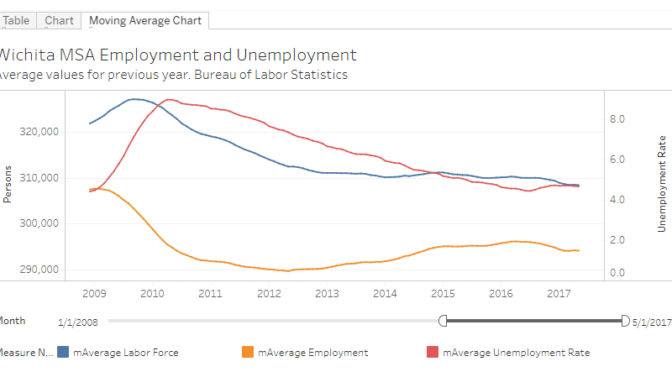Tag: Featured
-

Redesigned Naftzger Park likely not only subsidy
The developers of property near Naftzger Park in downtown Wichita will possibly receive millions in other subsidy.
-

Naftzger Park land ownership
One of the issues surrounding Naftzger Park in downtown Wichita is land ownership.
-

Naftzger Park public hearing
On Tuesday August 15 the Wichita City Council will hold a public hearing to consider authorizing spending TIF funds on Naftzger Park.
-

From Pachyderm: Kansas Secretary of Revenue Sam Williams
From the Wichita Pachyderm Club: Kansas Secretary of Revenue Sam Williams.
-

WichitaLiberty.TV: Naftzger Park
Wichita Assistant City Manager and Director of Development Scot Rigby joins hosts Bob Weeks and Karl Peterjohn to discuss the plans for Naftzger Park. Then, Bob and Karl continue the discussion.
-

Naftzger Park construction manager
The City of Wichita seeks a construction manager for the construction of Naftzger Park.
-

Naftzger Park contract: Who is in control?
The City of Wichita says it retains final approval on the redesign of Naftzger Park, but a contract says otherwise.
-

Downtown Wichita gathering spaces that don’t destroy a park
Wichita doesn’t need to ruin a park for economic development, as there are other areas that would work and need development.
-

Naftzger Park concerts and parties?
In Wichita, a space for outdoor concerts may be created across the street from where amplified concerts are banned.
-

WichitaLiberty.TV: Congressman Ron Estes
United States Representative Ron Estes, a Republican from Wichita representing the fourth district of Kansas, joins hosts Bob Weeks and Karl Peterjohn to discuss the issues of the day.
-

Wichita in the Wall Street Journal
A Wall Street Journal article reports on Wichita, but there are a few issues with quotes from the mayor.
-

Wichita employment trends
While the unemployment rate in the Wichita metropolitan area has been declining, the numbers behind the decline are not encouraging.